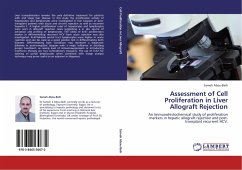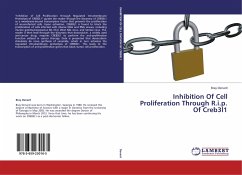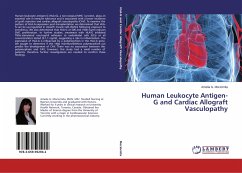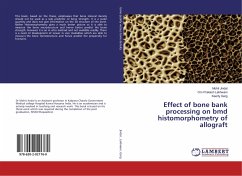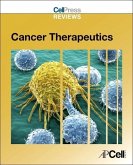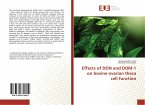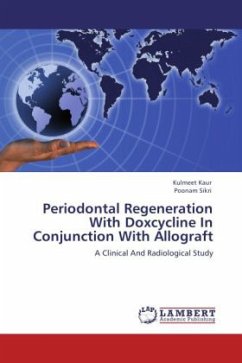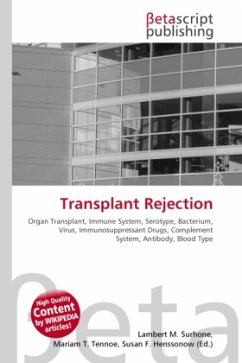Liver transplantation remains the only definitive treatment for patients with end stage liver disease. In this study the proliferative activity of hepatocytes and lymphocytes were investigated in liver biopsies of post-transplant patients with acute and chronic rejection as well as recurrent hepatitis C. A higher proliferation rates of hepatocytes and lymphocytes were seen in allograft rejection cases suggesting a in situ source of activation and priming of lymphocytes. The utility of ki-67 proliferation marker in differentiating recurrent HCV from acute rejection was also investigated. Ki-67-labeled portal tract lymphocytes were higher in acute rejection and can be used as a good positive test in differentiating both diseases. Differentiating both conditions may represent a diagnostic dilemma in post-transplant biopsies with a major influence in deciding proper treatment, as raising level of immunosuppression or introducing interferon therapy are two contradictory measures. The use of ki-67 for staining of portal lymphocytes when combined with image analysis technique may prove useful as an adjuvant in diagnosis.
Bitte wählen Sie Ihr Anliegen aus.
Rechnungen
Retourenschein anfordern
Bestellstatus
Storno

